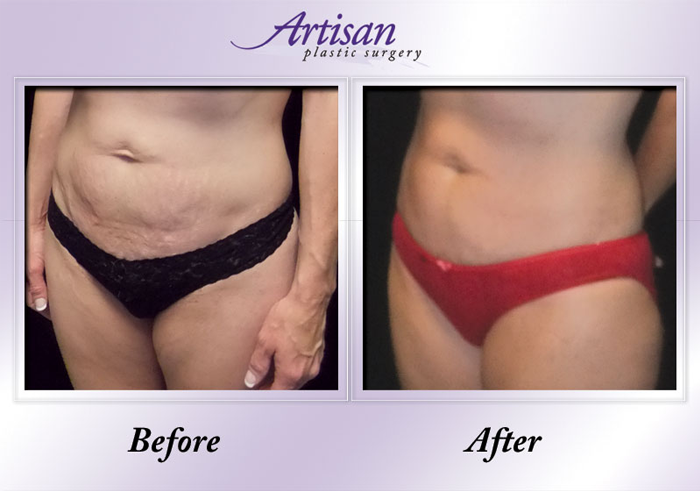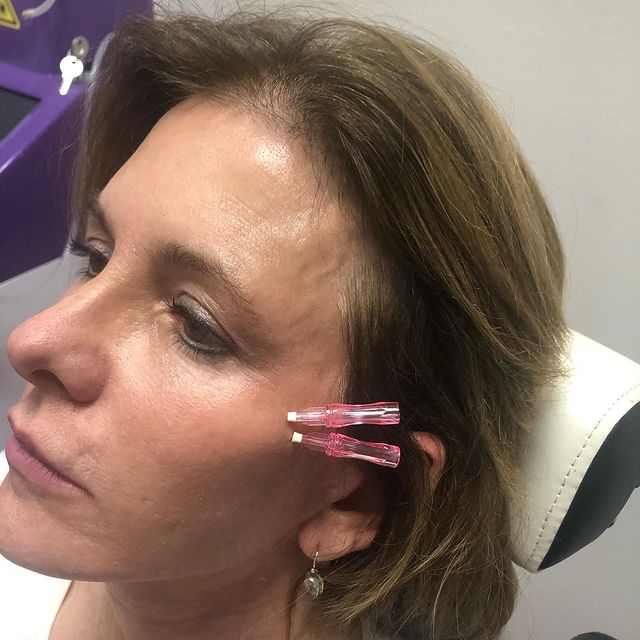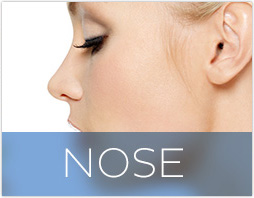
Composite implants are one of the best ways to correct a Asian nose. An excellent option for augmentation can be the use of cartilage from the nose, ribs, or both. Dr. Chow is most likely to use cartilage to modify the tip of the nose. Dr. Chow has the rare ability to use cartilage from many sources in order to reshape and augment the nose.
Autologous rib cartilage
Asian rhinoplasty can be one of the most difficult procedures in facial plastic surgery. Many Asian patients desire a higher and more refined nasal bridge. You can achieve the desired results using a variety of augmentation techniques. Autologous rib-cartilage is one of many graft options. This tissue is versatile and can be used for many purposes, including augmentation or formation of new dorsal length.

Sliced cartilage fascia
The dorsum is the bony area of the nose that runs between the eyes to the tip. A surgeon can enhance the dorsum by either placing a synthetic implant or adding diced cartilage fascia grafts. The surgeon can create the desired shape and size of the cartilage, making it look more natural.
Shield grafts
Shield grafts for Asian nose surgery are very popular. They can be used for restoring the nose's normal height and shape. To create a new dome, the procedure uses a cartilaginous shield. The graft can either be straight or smooth. Or it can be flat or ridged. It can be one layer, or several layers. The surgeon will determine how many layers are necessary based on the amount of projection that is needed.
Skin grafts
Unfortunately, Asian nose skin transplants are not always successful. It can be difficult to reduce the thickness of the Asian nose's envelope using traditional methods. This is why the doctor will often use structural cartilage to shrink the tip while keeping the thickness of soft tissue. The doctor may use one of the above techniques or a combination to improve the appearance.
Silicone nasopharynx
An Asian patient complaining of a defective silicone nasopharynx insert after rhinoplasty was completed, complained that the implant had become unstable. This was due to a different surgeon. It was creating an unattractive shadow at the upper nose bridge. This area's contour was initially good after surgery. However, after a year, it wasn't perfect.

Alar base modification
There are numerous techniques available for narrowing and modifying the alar base and nostrils, but few studies have specifically addressed Asian individuals. The combined sill/alar excision technique, which can be used to treat wide nostrils and flared alars in Asian patients, may prove beneficial. In a retrospective cohort, this technique was tested.